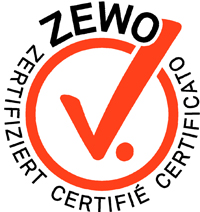From January 2020 to March 2021, worldwide spending on fossil fuels exceeded spending on renewable energies. The ecological transition is underway, but there is still a lot to do. (Source)
Many countries lack the financial resources to develop a transition to clean energy. These so-called developing countries are also those that suffer the most from climate change.
We recall that the objective is to limit the increase in global temperatures to 1.5oC.
To achieve this goal by 2050, the planet must reduce its greenhouse gas emissions to zero!
Morija and sustainable development
In sub-Saharan Africa, where Morija operates, the temperature rise is above the global average. This phenomenon worsens desertification and drought in agricultural areas.
This creates food supply problems and challenges local farming methods.
To cope with this phenomenon, the Family Bocage Fields (FBF) project in Morija enables farmers to restore soils and improve agricultural yields while respecting biodiversity. Farming families are trained in adopting environmentally friendly practices and agroecological techniques.
All of Morija’s programs are designed with a view to sustainable development. The 3 pillars: economic, social and environmental are integrated into each project.
The goal is to provide sustainable assistance to vulnerable populations through empowerment, respect for the environment and aid in the development of viable and sustainable livelihoods.
All of these actions help improve the resilience capacities of the most disadvantaged.







